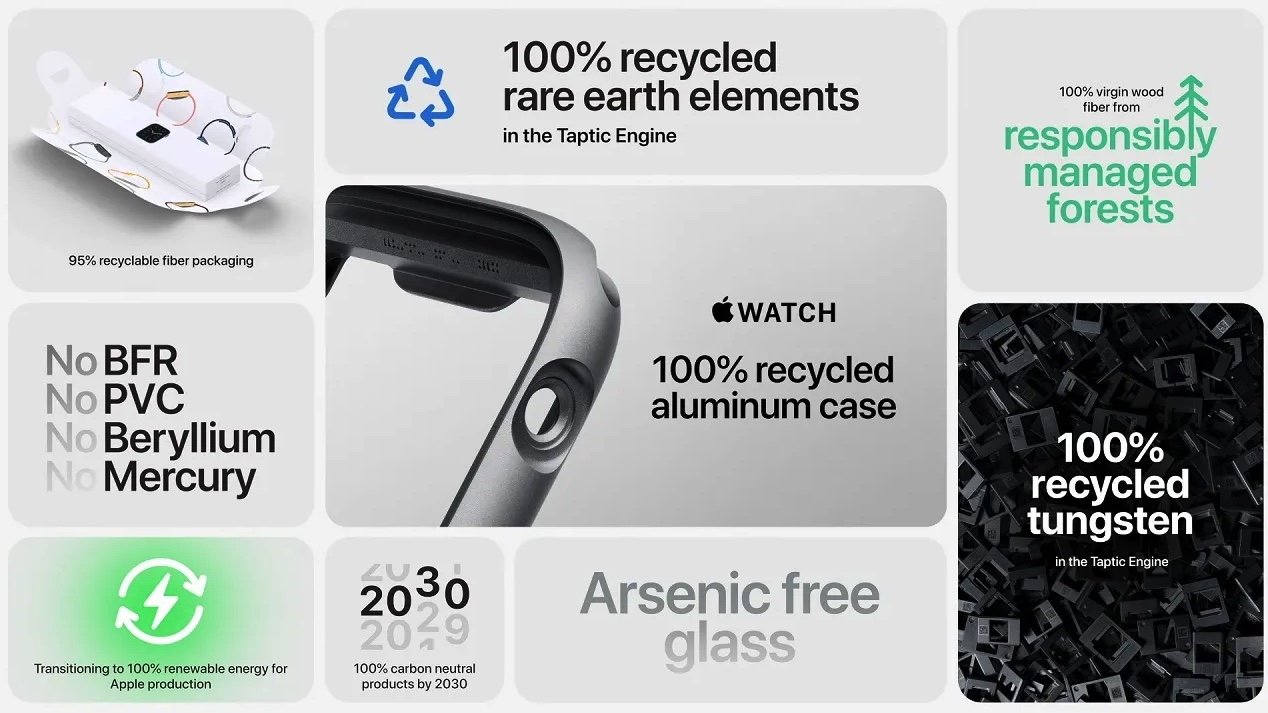The U.S.-China tariff battle is heating up again, with China stopping exports of rare earth minerals and magnets. This will badly hit the manufacture of the iPhone and other Apple products outside of China.
The war of wills between President Donald Trump and the Chinese government over tariffs was seemingly put on pause after Trump granted a set of exceptions for select tech and semiconductor produce. However, China is continuing to bite back against the U.S., without raising tariffs further.
China has placed a series of rare earth minerals and magnets on an export control list since April 4, reports Reuters. The move stops the export of the materials out of the country and into others, where they would be used to produce parts and components for various products.
The list of seven rare earth minerals and other materials are used in a variety of major industries, including energy, automotive, defense, and tech products.
Exporters are now required to apply to China's Ministry of Commerce for licenses before they can shift the minerals out of the country and elsewhere.
The process to gain the license is lengthy and not transparent, leaving exporters without any way to truly know how long it will take. Current estimates to secure a license through the process range between six weeks and a few months.
Globally problematic
The decision to require export licenses for the minerals and magnets will eventually be extremely painful for supply chains around the world.
China produces around 90% of rare earth minerals used globally. This gives it a massive amount of control over the materials, and the ability to use it as a cudgel to attack other countries with, such as the U.S.
While it's not got a monopoly on the materials, China's position as the main source leaves manufacturers with few other alternative sources. This will eventually lead to many manufacturers fighting to secure scarce resources for manufacturing outside of China, which will naturally raise in price, unless China loosens its restrictions.
For the moment, manufacturers need to rely on whatever stockpile of minerals they have on hand to stay in business. Depending on the manufacturer and its size of stockpile, they may have at worst a few weeks of supplies.
Once those stockpiles dry up, the manufacturers face halting production lines, which can impact other companies throughout the supply chains.
Evidently, when China said it would use other levers to fight the U.S. instead of increasing import tariffs further, mineral restrictions was one path to take. By the looks of things, it seems like an especially efficient and damaging option for China to take.
It's not clear what Apple's stockpiles of rare earths and other embargoed materials look like.
Another problem for Apple
As a tech product manufacturer, Apple relies on the supply of many rare earth minerals to its supply chain partners.
For example, the use of Neodymium, Praseodymium, Dysprosium, and Terbium are used for their magnetic properties to improve performance. With magnets used throughout the Apple ecosystem, from the Taptic engine to MagSafe, to accessory attachment points on an iPad, usage is inescapable.
While many components and products are produced inside China itself, and therefore not directly subject to the export restrictions, some components are made outside of the country.
Even though Apple does make iPhones in India as part of its efforts to distribute its manufacturing outside of China, components used in assembly will require the blocked rare earth materials. China's controls will definitely impact Apple's supply chain in other countries.
Apple has been working to recycle materials for use in its products, including using 100% certified recycled rare earth elements. In 2023, it had declared that all of its magnets will only use recycled rare earth elements by 2025, along with the use of recycled cobalt in all of its battery designs.
 Malcolm Owen
Malcolm Owen







-m.jpg)






 Andrew O'Hara
Andrew O'Hara
 William Gallagher
William Gallagher
 Andrew Orr
Andrew Orr
 Mike Wuerthele
Mike Wuerthele
 Bon Adamson
Bon Adamson
 Marko Zivkovic
Marko Zivkovic
 Wesley Hilliard
Wesley Hilliard
 Amber Neely
Amber Neely



-m.jpg)



23 Comments
China is NOT the only place on earth that has rare earth elements. Large deposits are in Canada, the US, Australia, and elsewhere. It’s just that China was the cheapest place to get them so the other sources have not been developed. It will take time to get the operations going, but the process was started during the first Trump term.
It's important to note that mining these rare earth elements is pretty bad for the environment. There are ways to extract the desired minerals from the ore but of course that's more costly. China uses a lot of chemicals in their mines for cheap processing. Ramping up mining of these minerals in the USA would take years and some very critical debates about how much environmental damage is acceptable.
It's not like you can drill a hole in the ground and start pumping out rare earth minerals ready for use in manufacturing.
This TechSpot article touches a little on these issues:
https://www.techspot.com/news/107534-china-halts-exports-rare-earth-exports-sparking-fears.html
China is one of the richest countries in the world in natural resources and not just in rare earth minerals or iron ore (for steel).
The rare earth mining element issue isn't China's only card in this trade war. They also hold about $770 billion in US Treasury bonds. That's a more dire concern for the US government. If China (or other countries) decide to dump Treasuries, there's a very real risk of serious economic downturn.
We already saw a little of this last week when the bond market went a little bonkers and Trump removed his foot off the tariff pedal for a couple of days (as he put it "queasy"). China has several other arrows in their quiver; they can damage the USA (and the rest of the world) in other ways. They do have to be careful otherwise they might incite other countries to retail against them as well.
China shutting off rare earth mineral exports is a red flag. They aren't playing around.
Rare earth mining is not that minerals are rare, they are abundant on earth's crust. It is very difficult to separate them and requires an open pit mining. Open pit mining is a large scale destruction of the environment and pollution of land, water, and air. Finding an isolated place with the minerals to mine that you do not mind polluting is very difficult. Rare earth metals has been a priority in Biden's administration, as well. In fact, Mountain Pass in the US was sending its mining to China to be separated. Mountain Pass acquired the bankrupt mine in 2017. The original mine was on operation in 2010-2015.